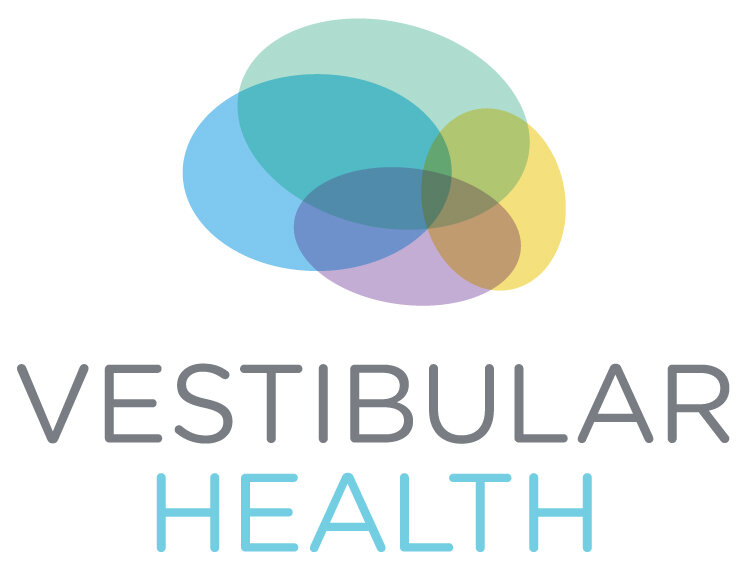Persistent dizziness & imbalance after concussion / mild traumatic brain injury
Dizziness, vertigo, and balance problems are common symptoms after mild traumatic brain injury. Shaleen Sulway is a featured speaker for the Canadian Concussion Centre Webinar Series, presenting on the role of vestibular physiotherapy in the treatment of persistent dizziness after concussion.
Watch Shaleen’s talk here:
Key concepts from this presentation
Dizziness may be experienced by up to 80% of people after a head injury, and dizziness at the time of injury is associated with an increased risk for prolonged symptoms. Trauma to the brain can cause abnormal functioning of the vestibular system. This can result in symptoms of vertigo or dizziness, imbalance or unsteadiness, and visual symptoms.
Benign Paroxysmal Positional Vertigo (BPPV) can occur after head injury, and can be effectively identified and treated with vestibular rehabilitation. Particle repositioning maneuvers are very effective, but post-traumatic BPPV is more likely to require multiple treatments, is more likely to occur in both ears, and is more likely to recur.
Visual motion sensitivity is a common symptom after head injury, and is also a common symptom after other vestibular disorders. Disruption of vestibular function due to brain injury or an inner ear disorder causes you to experience dizziness and imbalance, and as an adaptive response your brain begins to rely more on visual inputs to remain balanced. This overuse of vision can cause you to experience symptoms in complex visual environments like being in a grocery store, scrolling on a screen, or looking at busy patterns. Vestibular physiotherapy can help you to learn strategies to de-escalate symptoms and build your tolerance. Balance training, sensory reweighting to uptrain proprioceptive and vestibular inputs, and habituation are all strategies we can use to help you return to normal function with less interference from symptoms.
Anxiety and catastrophization can be barriers to recovery and can impact your response to vestibular therapy. Anxiety is very common after concussion, and it can inhibit the process of adaptation and compensation for vestibular dysfunction. Catastrophization is a maladaptive thought process that involves irrational fear and worry about anticipated or actual symptoms, and involves helplessness, ruminating, and amplifying symptoms. Balance exercises with a mindful focus and strategies to address avoidance behaviours can be helpful interventions in physiotherapy treatment. Addressing anxiety and mood issues is a very important aspect of rehabilitation.
If you have persistent symptoms of dizziness, vertigo, or imbalance after concussion, consider an assessment with a physiotherapist with advanced training in vestibular rehabilitation.
Not sure if vestibular rehab could help your symptoms? Call us to speak to one of our physiotherapists!
Thumbnail image source: Wellcome Collection

